13 Medications That May Cause a False Positive on Drug Tests
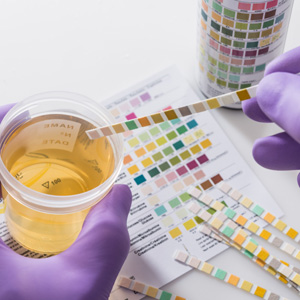 Why Aren’t Drug Tests Always Accurate?
Why Aren’t Drug Tests Always Accurate?
Drug testing is used to identify the presence of certain substances and medications in the body. Unfortunately, drug test results are not 100% accurate, and false positives may occur. This is the case for urine drug screens, saliva drug tests, sweat sample screenings, hair drug tests, and more, as they are all subject to errors and false negatives or positives.
“False positive results” are when a drug testing method falsely flags a medication or substance you do not actually take.
Sometimes, these are caused by lab errors, but certain medications have also been known to trigger false positive results in drug testing. There are also cases where mistakes result in false negative results. If you want to know whether your medications were likely to cause a false positive drug test, we can help break down the most common substances that may produce less-than-ideal results.
What Kinds of Drug Screenings Are There?
There are many types of drug screenings you may asked to complete during probation or other legal matters. These may also be used in employment situations, but a false positive drug test result can be associated with far worse consequences within the legal system. The following are types of confirmatory tests you may have been subjected to:
- Urine drug tests
- Gas chromatography mass spectrometry
- High-performance liquid chromatography (HPLC)
- Blood testing
- Saliva sample testing
- Hair testing
- Sweat sample screens
Most of these are testing for a presence of illegal drugs and certain categorical drug classes, but many are using laboratory methods such as looking for cross-reactivity with a certain chemical structure.
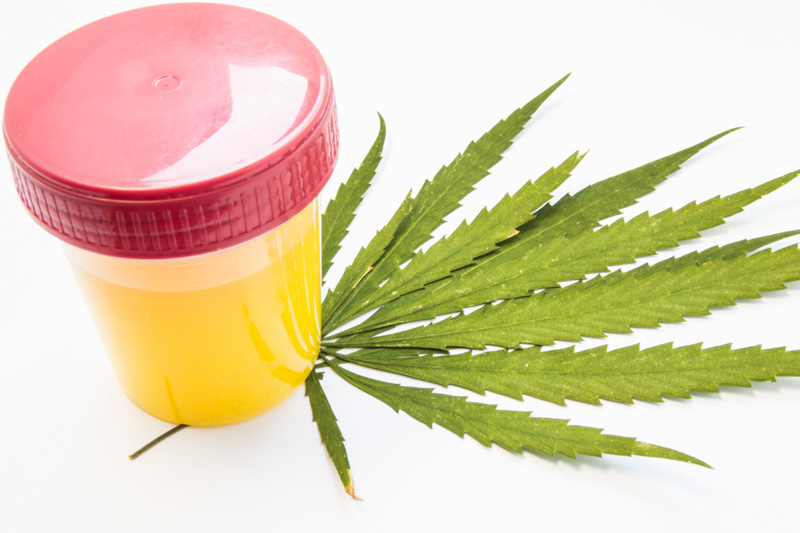
When a clinical practice notices that substances cross react, they generally conclude that there is a positive result on that specific test. However, many of these tests have poor specificity, often resulting in incorrect conclusions and results that reflect poorly upon the test subject.
Are There Risks Associated With False Positives on a Drug Screen?
When a drug screen incorrectly marks people positive for drugs they have not taken, they could face severe, unwarranted consequences. These could include loss of privileges, increased probation time, jail time, fines, and other unfair penalties due to a false positive during drug testing.
If you or someone you care about is facing penalties for erroneous drug test results, an Aron Law Firm Santa Barbara criminal defense lawyer may be able to help. We can defend your case by providing irrefutable evidence that a medication you were taking has skewed your drug test results and produced a false positive.
Could Your Medication Be the Reason You Failed a Drug Test?
You may have heard that poppy seeds, hemp seed oil, herbal supplements, and other substances may result in false positives on a urine screen or other drug test. However, it is also often the case that false positive results on drug tests are due to taking prescription medications or over-the-counter drugs.
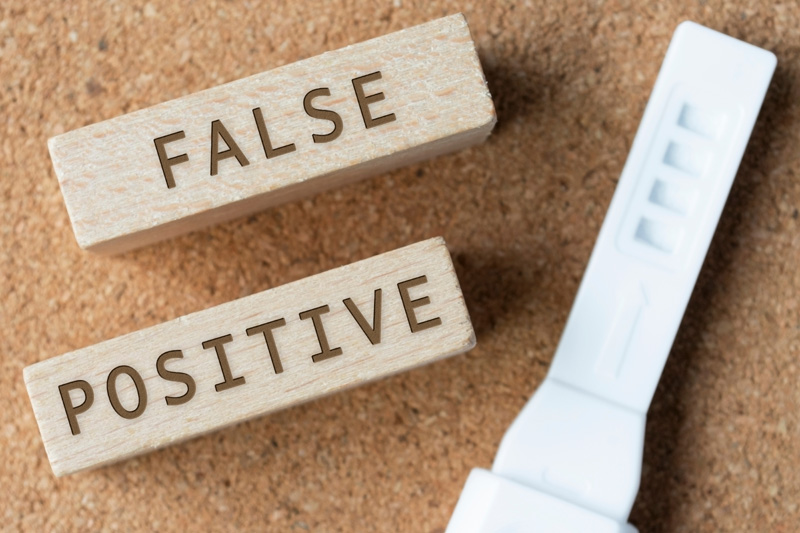
This could quickly imply to the court that you have been using an illicit drug when you have only been using legally or commonly prescribed medications. You could fail a drug test, such as a urine drug screening, and get false positive results for taking medications such as:
- Antihistamines, Such as Benadryl: Diphenhydramine, the active ingredient in these medications, helps treat itching, allergies, and cold symptoms; but it may also trigger a false positive for opioids, opiates, or PCP on a drug test.
- Bupropion, Such as Wellbutrin: Antidepressants that use bupropion as their active ingredient could produce a false positive amphetamine or methamphetamine result. Other medications, like tricyclic antidepressants, could also result in false positive results.
- Certain Decongestants, Such as Sudafed: Many decongestants use pseudoephedrine to relieve sinus and nasal congestion, but on a drug test, it could appear as a false positive amphetamine or methamphetamine result.
- NSAIDs, Such as Motrin, Advil, Aleve, and Naprosyn: Both ibuprofen and naproxen are classified as nonsteroidal anti-inflammatory medications (NSAIDs). Often used to help treat inflammation, fever, and pain, taking an OTC NSAID before a urine drug screening could bring up a false positive for barbiturates or THC.
- OTC Cough Suppressants, Such as Robitussin and Delsym: The main ingredient in many cough syrups is dextromethorphan, which could come up as a false positive for PCP in a urine drug screen.
- Oxaprozin, Also known as Daypro: Used to treat arthritis pain, oxaprozin may result in a false positive result for benzodiazepines.
- Phentermine, Also Known as Adipex-P: FDA-approved to lower appetite, taking phentermine may flag as a false positive amphetamine in a urine drug screen.
- PPIs, Such as Pantoprazole (Protonix): Proton pump inhibitors (PPIs) may alleviate heartburn symptoms and gastroesophageal reflux disease (GERD), but, on a drug test, they may elicit a false positive result for THC.
- Promethazine: Intended to relieve nausea and vomiting, phenothiazines may produce a false positive amphetamine or methamphetamine result in a drug test.
- Quetiapine, Such as Seroquel: An atypical antipsychotic used to treat mental health conditions like schizophrenia and bipolar disorder. Taking quetiapine could trigger a false positive result for the opioid methadone in a drug test.
- Quinolone Antibiotics, Such as Levofloxacin (Levaquin) and Ofloxacin: Used to treat bacterial infections, they may cause a false positive amphetamine, opiate, or methamphetamine result in a urine drug screen.
- SNRIs, Such as Effexor XR or Pristiq: Serotonin-norepinephrine reuptake inhibitors (SNRIs), such as venlafaxine and desvenlafaxine, are antidepressants that could cause a false positive for PCP.
- SSRIs, Such as Zoloft: Using selective serotonin reuptake inhibitors (SSRIs) may result in a false positive for benzodiazepines or LSD in urine drug screens.
When you are on probation, failing urine drug screens or other drug tests could lead to severe penalties as it is a violation under California Penal Code 1203.3. You may be subject to these penalties if you are unable to prove that these were false positives due to commonly prescribed medications.
If an over-the-counter, prescribed medication, or something else does cause a false positive on your drug test, a criminal defense attorney can create a solid defense strategy for your case. We do not believe you should be subjected to unfair consequences because you are using medications for pain management, properly using HIV medication, utilizing an over-the-counter medication, or legally using any other substances.
Please contact Aron Law Firm if you would like assistance disputing the results of your false positive drug test as it pertains to a criminal charge or related case.
Defend a False Positive on a Drug Test With a California Criminal Defense Attorney
At Aron Law Firm, we have successfully minimized the penalties associated with false positive drug test results for numerous clients. Whether your medication or another factor does cause a false positive result, you need a criminal defense lawyer on your side. Please note that our services are for individuals whose false positives pertain to criminal charges or parole violations. We are not an employment law firm and cannot help you pursue disputes with employers in the result of a false positive on any company-mandated drug test.
Partner with a California drug crimes defense attorney who knows what it takes to defend inaccurate drug test results. We are dedicated to providing high-quality and thorough representation for individuals who have been accused of crimes. Our criminal defense attorneys have a track record of bringing success to our clients, and we can assist you as well. Contact Aron Law Firm 24 hours a day, seven days a week, by calling (805) 618-1768 or completing our contact form.

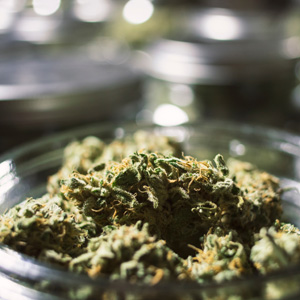
 Drug laws can be tricky, and marijuana laws always seem to be changing and evolving. With the passage of a voter initiative known as
Drug laws can be tricky, and marijuana laws always seem to be changing and evolving. With the passage of a voter initiative known as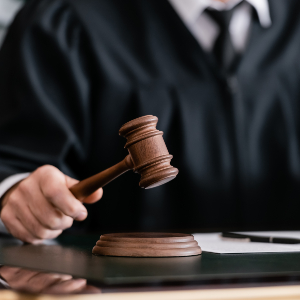
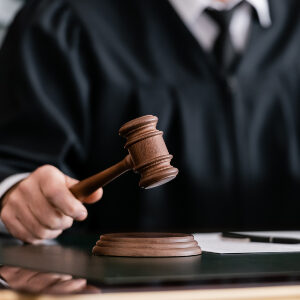 In 1972, President Richard Nixon branded drug abuse as public enemy number one. As the United States expands its research and legislation into what the nation terms the “War on Drugs,” there have been increases in drug-related arrests and incarcerations. For example, in 2019, there were 171,000
In 1972, President Richard Nixon branded drug abuse as public enemy number one. As the United States expands its research and legislation into what the nation terms the “War on Drugs,” there have been increases in drug-related arrests and incarcerations. For example, in 2019, there were 171,000